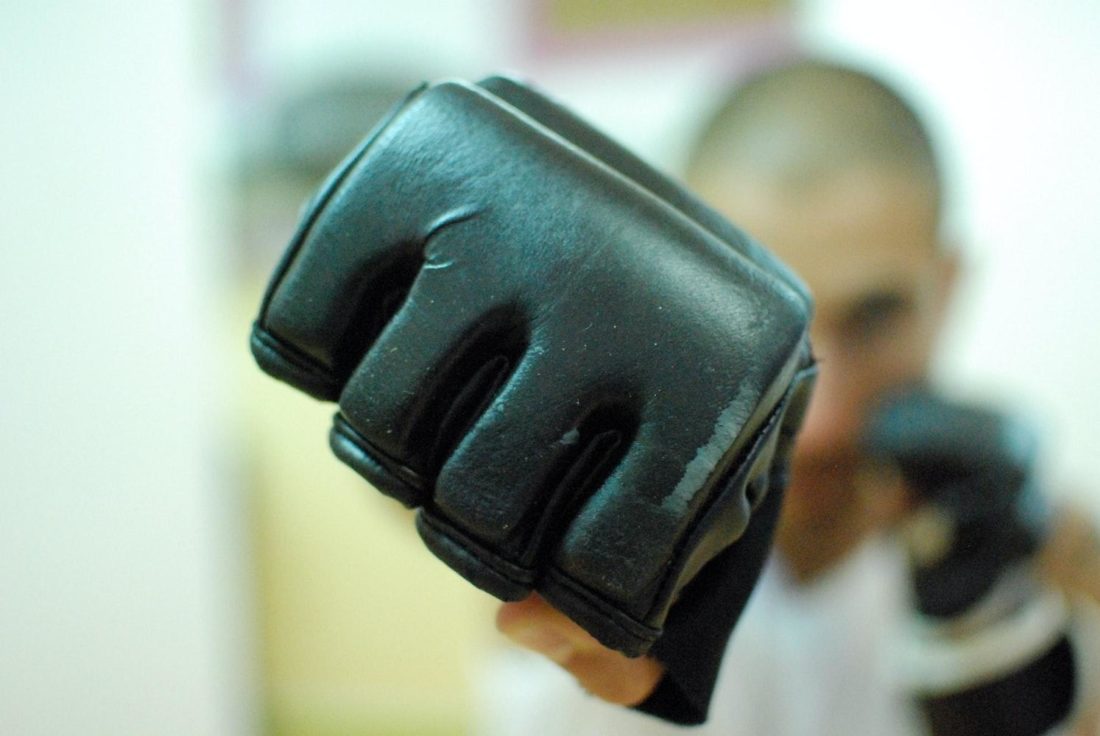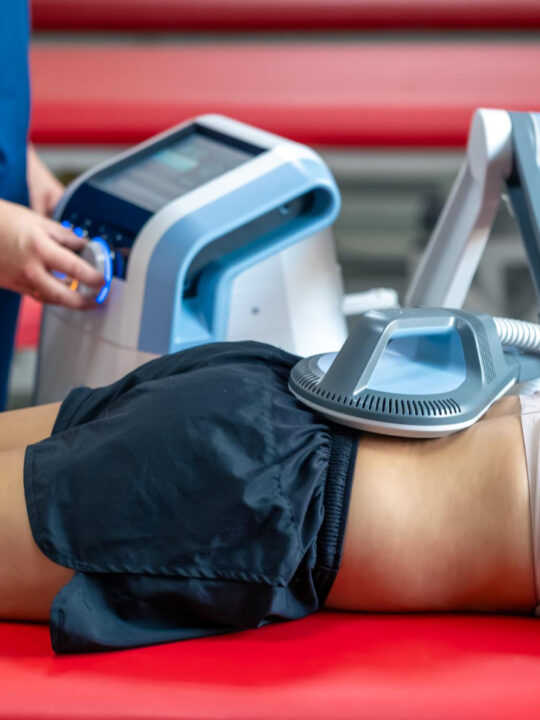
Most people know that you can be arrested for fighting, particularly if you start a fight with a person who is not interested in fighting. In the state of Florida, fighting is usually charged under the battery statute and it’s a misdemeanor crime, barring aggravating circumstances. But in addition to the criminal charge, battery is a civil tort and you can recover damages in some cases.
Table of Contents
What are the elements of battery in a civil case?
In order to sue someone for battery, the following conditions must be present:
- There has to be physical contact
- It has to be intentional
- The physical contact must have been unwanted by the plaintiff
Physical contact can include contact with something closely connected with the victim/plaintiff. So, for instance, someone kicking the cane out from under a person’s hand could be considered battery, even though the assailant didn’t make contact with the victim. Furthermore, the contact must have been unwanted, so consensual contact doesn’t fall under this statute.
When a Fight Constitutes a Battery
Some factors that could determine the viability of the case include:
- Whether the parties were “mutual combatants. In other words, did they both enter the fight of their own volition?
- The extent of injuries on both the plaintiff and the defendant.
- Whether the plaintiff incurred injuries that required hospitalization, x-rays, doctor’s visits, etc.
- Aggravating factors like whether the plaintiff was elderly, pregnant, a minor, disabled, etc.
- Whether or not the defendant used a weapon.
- The availability of evidence, like video, witnesses, etc.
Naturally, every fighting lawsuit is different, and you should speak with an attorney about the likelihood of winning your case.
What You Should Do if You Get in a Fight
You have a legal right to defend yourself in a fight. You should never prioritize the implications of your actions on a future lawsuit over your safety. Protect yourself and get to safety as soon as possible. Contact the police to report the incident even if you don’t want to press charges. The police can document your injuries Get a case number for your records.
Seek medical attention if warranted. Getting treatment will establish a baseline of your injuries, and more importantly, protect your health.
If there are witnesses, get their personal information and ask them to forward any videos they may have taken with their cellphone.
If you were in a fight in an establishment, ask if there is surveillance footage. Request the proprietor to hold the video until it can be copied for evidence.
What to do if You Decide to Sue
If you’re attacked or hurt in a fight, you may be entitled to damages for medical bills, lost wages, trauma, and pain and suffering. If you have a case, a personal injury lawyer will represent you on a contingency basis. That means that you don’t have to pay anything out of pocket. Your attorney will collect fees upon the successful completion of your case. Even if you decided not to press criminal charges, you may be able to collect damages for your injuries.
In Jacksonville and northern Florida, the Fasig | Brooks Law Firm helps individuals who have been injured in fights get the compensation that they need to make a full recovery.







